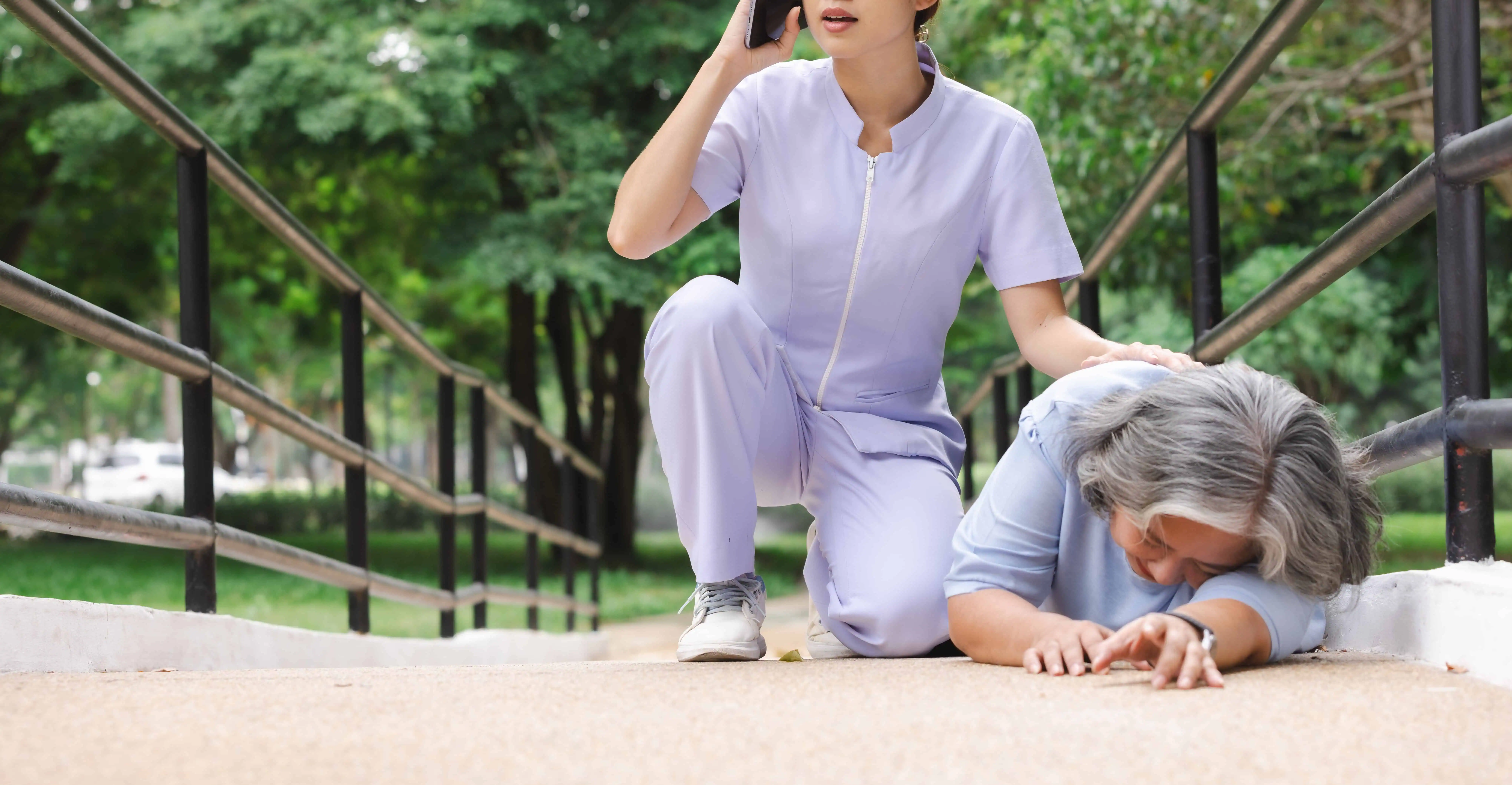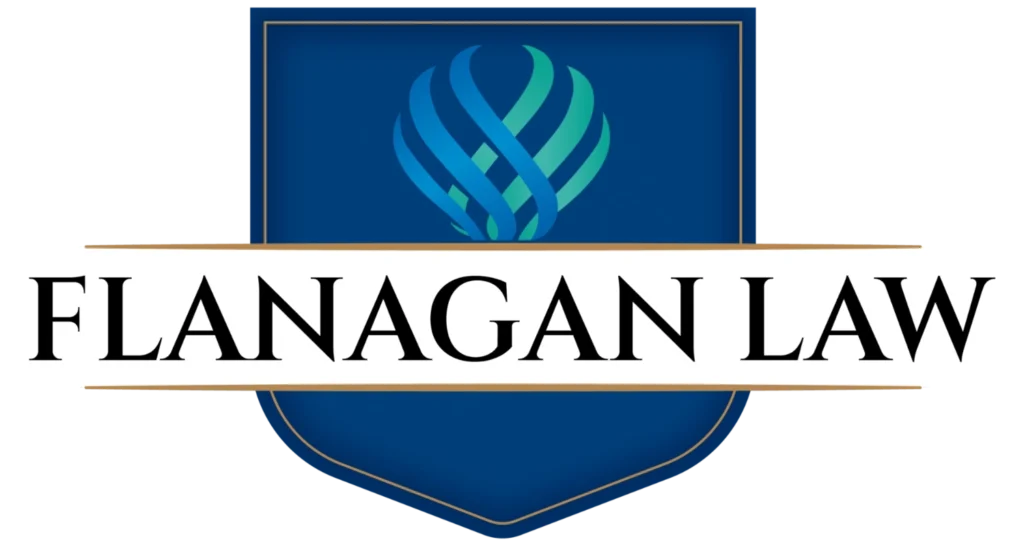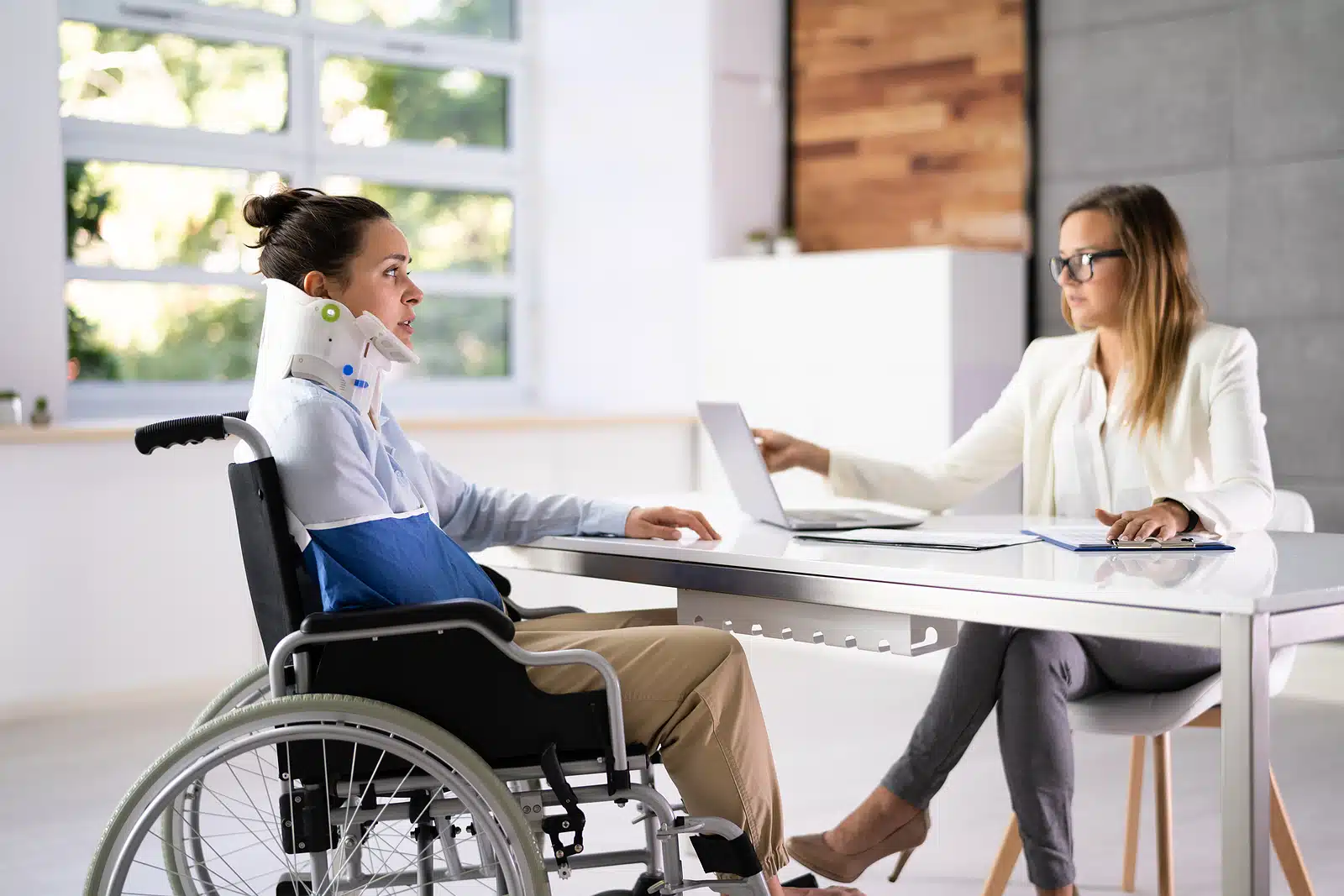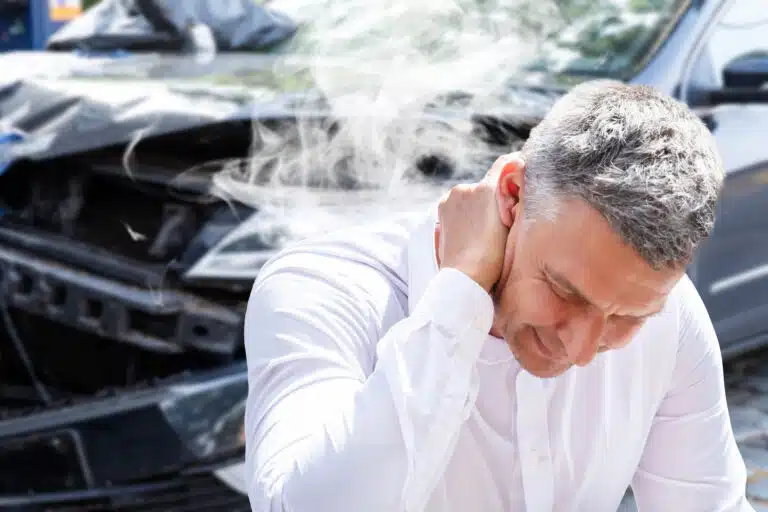6 Things to Do After a Slip, Trip, and Fall Accident

What is a Slip, Trip, and Fall Accident?
Slip, trip, and fall accidents are some of the most common forms of injury-inducing accidents, as they can occur nearly anywhere. You could walk down a sidewalk, trip on uneven concrete, trip going downstairs at work, or in a grocery store and slip on a wet floor. Generally speaking, you can walk away with little to no significant injuries, but if you do experience substantial injuries, whom do you seek compensation from?
In Colorado, slips, trips, and falls are typically under the premises liability rules, making the property owner possibly at fault for injuries sustained.
We will discuss this and other essential steps immediately following a slip, trip, or fall to protect yourself.
Premises Liability in Colorado
According to statute 13-21-115(3), “the premises liability statute classifies those injured on the property of another as trespassers, licensees, or invitees.”
A trespasser has entered a property without authorization or legal right to be there. With proper signage stating “no trespassing,” most property owners can protect themselves from any injuries that trespassers may incur while on their property illegally. In many cases, the property owner will be absolved from the duty to warn those entering their property of possible dangers because they have posted the property as “no trespassing.”
A licensee is typically a person who has permission to enter and reside on the property for a specified period of time. An example of this may be that a property owner permits someone to enter their property and utilize it for hunting or fishing.
An invitee is someone the property owner has invited onto the property. Two main types of invitees are personal: a friend or family member you invite to your home or a business that invites the public in to shop at their store.
A third category refers to public invitees, including those invited as part of the public to a city park, public pool, and more.
Who is Responsible?
The duty of care will differ depending on which category the injuries fall into. See some examples below;
In many cases, the property owner will be absolved from the duty to warn those entering their property as trespassers of possible dangers because they have posted the property as “no trespassing.” For example, if a burglar attempts to enter a property and injures themselves while doing so, the property owner is not expected to have to compensate the person committing an illegal act while on the property illegally.
Property owners are, however, required to warn licensees of apparent hazards within reason. For example, if the owner knew of a danger on the property and chose to do nothing to resolve it, they may be liable. Suppose you were invited to your brother’s house, and he knew the stair railing was a hazard and chose not to fix it, and it led to you falling and hurting yourself; you may be able to seek damages and hold him as the liable party.
What Should I Do Immediately Following a Slip, Trip, or Fall?
One of the first steps to take is to seek medical attention. This step can be especially important if you hit your head. In some cases, soft tissue injuries won’t show symptoms immediately, such as concussions, and should be professionally examined to ensure no further damage has gone undetected.
Suppose you can (or if you can delegate to a friend) get pictures of the location of the fall. If you are in a commercial area, you may be able to retrieve video surveillance of where the injuries occurred. Video and pictures can be incredibly valuable to a slip, trip, and fall case.
Obtain contact information from any witnesses who may have witnessed the accident so you can contact them at a later date for further information as necessary.
Report the incident to the property owner, if at all possible. If you are in a public setting such as a city park, it can be a little more challenging to determine who to report the information to, but you can contact the city or county you are in and begin there.
Do not discuss details of the injuries with anyone until you have more of the facts. This rule applies to social media, friends or family members you may not fully trust, and insurance companies that may ask for further information regarding your injuries.
Contact an experienced personal injury attorney as soon as you are able. The sooner you act, the better your odds will be for recourse.
What Types of Compensation May I Be Eligible For?
Those with a realistic premises liability case may be able to seek damages such as compensation for the medical bills incurred, lost wages while they tended to injuries followed through with medical treatment, and more.
Victims may also recover damages such as pain and suffering or loss of future expected income if the injuries prevent the victim from returning to work at the same level they had before the accident.
Contact Us Today
Call our office today at (720) 707-0870 for a free consultation. We remove stress by handling communication with your insurance providers and property owners and allow you the time you need to tend to your injuries and heal. We also have a network of doctors who can help ensure you get the care you need for your injuries and then focus on seeking damages.





